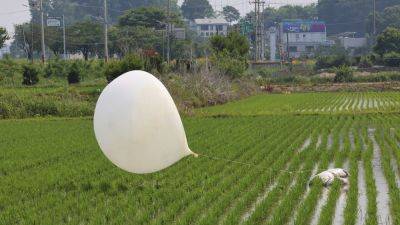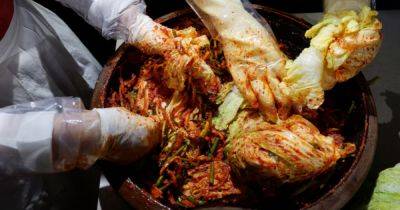Emulate South Korea’s policy on food waste, for a start
An old quip has it that everybody talks about the weather, but nobody does anything about it. The same could be said about food waste – or, rather, could have been said before South Korea gave it a try. More on that try in a minute.
For what seems like decades now, the statistic everyone quotes has basically remained unchanged: A third of the food the world’s farmers produce is wasted. Oh, sure, sometimes the number is nearer 30%, sometimes 40%. But it’s generally within a few percentage points of a third.
If somebody is doing something about it, then, it’s not working.
Governments insist they want to bring the number down. In June, for example, the Biden administration put out a “fact sheet” listing what it’s done about the problem and what it plans to do.
Some of these things – like easing restrictions on giving unused food to food banks or clarifying the meaning of “best by” dates – seem like good ideas. Whether they’ll move the needle much off a third is debatable.
It seems food waste isn’t a problem governments are well-equipped to solve. In developing countries, some of what farmers raise never makes it to someone’s table. The produce falls victim to poor transportation infrastructure and lack of refrigeration. Fixing these problems costs money developing-country governments don’t have.
In rich countries, the causes of waste include large restaurant portions and the unwillingness of many consumers to buy fruits and vegetables that aren’t picture-perfect. Governments can raise awareness, but they can’t make people eat all the food they buy or give what they don’t eat to someone who doesn’t have enough.
The harm in wasting food isn’t just the waste of money or the missed opportunities to feed the hungry. A less







